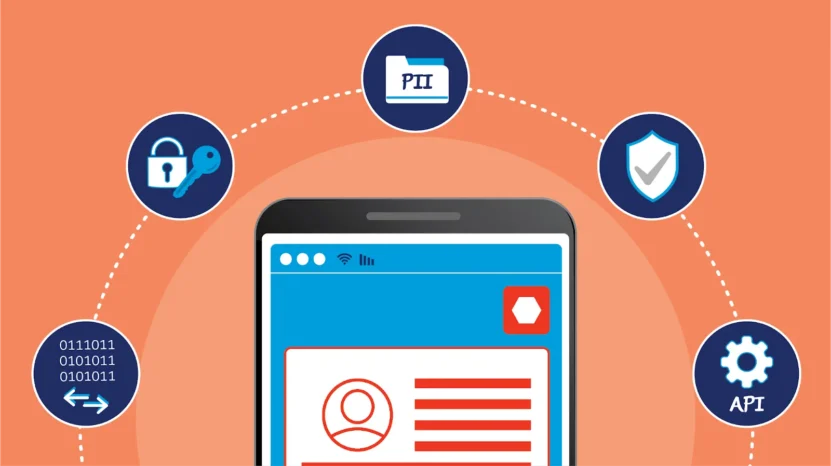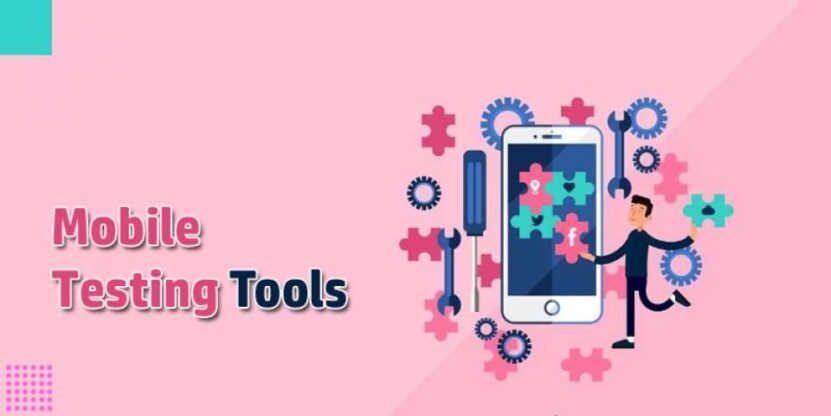In today’s world of mobile technology, where new apps emerge on a day-to-day basis, mobile app testing plays a pivotal role in ensuring a seamless user experience. Added to it, with millions of users adopting innovations within the mobile app ecosystem, rigorous testing has now become a necessity. Amidst this ever-evolving landscape, developers and businesses face the challenges of creating apps that function flawlessly across diverse devices and OS. Appium testing comes as a rescue at this point.
Further Appium clubbed with the LambdaTest platform offers a lifeline to businesses and developers, thus enabling them to comprehensively test their mobile applications across both iOS and Android platforms.
The Mobile App Landscape:

The mobile app landscape is a dynamic and highly evolved ecosystem that has completely changed the way we interact with peers, technology, and the world around us. The mobile app landscape in total encompasses of a diverse array of apps, services, and platforms that connect to numerous categories, industries, and functionalities.
Momentarily, let us look at the diverse spectrum of mobile apps. Today iOS and Android enjoy undivided dominance in the mobile market, both with their usability and personal preferences of the buyers.
Mobile apps are no longer limited to just one type, there are native apps for specific platforms, web apps – that are essentially websites optimised for mobile devices, and hybrid apps that combine elements of both web and native apps. However, testing these apps on different devices and OS can be a complex task.
A Glimpse into Appium
Appium is an open-source automation tool used for testing mobile applications across a variety of platforms, including the likes of iOS and Android. It also allows developers and testers to automate the testing of mobile apps to ensure that they work correctly and remain free of any bugs or technical issues.
Testing mobile apps has been an uphill battle, requiring learning multiple tools and languages for iOS and Android. However, Appium is fairly simple and becomes more inclusive with its ability to accommodate different programming languages such as Java, Python, Ruby, etc.
Being open-source, Appium offers a flexible option that accommodates shifting mobile environment needs. This allows developers and testers from around the world to seamlessly collaborate and ensure regular updates.
Testers may access a vast array of authentic mobile devices without owning actual units through platform. Variety guarantees seamless app performance across diverse device configurations.
Mobile Apps

From the fragmentation of the mobile ecosystem, the mobile app testing landscape faces numerous distinct challenges. With various devices, screens, and OS, a tangled network exists which makes it quite difficult to test your apps manually on all those combinations.
To address these challenges, Appium and LambdaTest offer a range of solutions:
- Device Coverage: LambdaTest has an expansive inventory that encompasses several iOS and Android devices. This variety enables thorough Testing through numerous device configurations, whilst guaranteeing smooth app functionality for diverse user groups.
- Test Automation: Appium is the workhorse of automation that tirelessly executes test scripts. Thus, liberating testers from repetition, allowing them to dedicate their work hours to higher-value tests and unconventional situations.
- Parallel Testing:, you can test faster than ever before through parallel testing. Testers can also conduct simultaneous testing across multiple devices, whilst bringing in more efficiency.
- Scalability: With testing demands growing, your capacity can simply expand. Thanks to platform`s scalability feature, high volumes of apps or frequent releases are no longer an issue.
- Cost-Effectiveness: By designing affordable pricing plans,software makes testing accessible for companies of every size.
Ease of Use:
Platforms like these were meticulously designed with a primary focus on delivering an exceptional user experience to all users. Although, testing is a complex aspect, but the platform is fairly simple to use. Software comes with user-friendly documentation and tutorials, that streamline the Appium testing process for you whilst ensuring a smoother and more accessible experience altogether.
Wide Device Coverage:
You gain entry to a massive database of authentic iOS and Android devices, which is also one of their striking highlights. This means you can efficiently test your website or web application on various devices and browsers, including the Safari browser online. On the other hand, covering a broader range of devices through your testing helps you connect with more people.
Automated Testing:
Software enables you to utilise Appium for automated testing needs. Automation guarantees uniformity in testing, freeing up both time and effort. Simply said – write once, and test everywhere.
Parallel Testing:
Need to accelerate your Testing? With this kind of software, simultaneous device testing is possible; this is a courtesy of parallel functionality. Testing time reduction and improved coverage are two benefits that come out of it.
Detailed Reporting:
Insightful reporting and visually appealing dashboards are what platforms are offering. With their help, you can easily spot issues and trace changes through time.
Scalable Infrastructure:
Their cloud architecture is versatile and adaptable, adjusting to your needs whether they become larger or remain small.
Cost-Effectiveness:
Financial limitations are something you must take into consideration consistently. It addresses different Testing needs through its diverse pricing options.
Live Screenshots and Videos:
When it comes to debugging and reporting bugs, It goes above and beyond. It not only records test runs but also screenshots and videos, making visual debugging easier. This feature speeds up the resolution of issues, making it easier and faster for testers and developers.
Platform for mobile app testing

The platform is not just a testing platform but rather a committed approach to offering an uncomplicated and natural testing process. Development and testing need evolution, which the platform acknowledges. Documentation, guides, and online sessions are among the numerous tools it makes available to aid this undertaking.
Through any challenges or concerns that may arise during your Appium testing journey, their help crew shines brightly as an oasis of aid. Through an inclusive approach to mobile app testing, the business has introduced a free plan allowing a restricted test scope.
Security Considerations in Mobile App Testing:
Testing security is crucial during the mobile app development process. Expanding mobile app space translates into more security dangers. Mobile app development and testing hinge on prioritising security measures to protect sensitive information.
When it comes to security testing in the context of Appium and LambdaTest, here are some key aspects to consider:
- Penetration Testing: Penetration testing is critical for the security of your mobile app. It entails simulating real-world assaults in order to identify potential problems in the code and structure of your application. When you combine penetration testing with Appium’s automation capabilities and LambdaTest’s vast OS coverage, you have a complete and in-depth method to discovering and fixing vulnerabilities in your app.
- Data Encryption: Mobile apps regularly deal with sensitive user data, making it critical to evaluate the level of data encryption to avoid unwanted access. You should test how encrypted your app’s data is to prevent illegal access. Utilising diverse gadgets, Appium helps create examinations for validating encrypted data and test scenarios.
- Authentication and Authorization Testing: Authentication and permission are essential components that necessitate extensive testing for your app. It is critical that only authorized users have access to restricted functionality and sensitive data inside your application. Appium allows you to replicate different user roles and circumstances, allowing you to rigorously test your app’s authentication and permission procedures.
- API Security Testing: Interactions with APIs constitute much of the activity for mobile applications. To ensure safety, test the security of these APIs thoroughly.
Conclusion
The combination of Appium and LambdaTest has greatly advanced the field of mobile app testing. Appium’s automation capabilities enable testers to conduct extensive testing across a wide range of mobile devices and platforms. It establishes a strong collaboration that not only discovers and eliminates issues, but also guarantees that mobile apps work smoothly and provide consumers with an exceptional experience. Begin your testing journey with LambdaTest’s Applium platform today.
